The Learning Zone
"Learning is a treasure that will follow its owner everywhere." - Chinese Proverb

The Learning Zone
"Learning is a treasure that will follow its owner everywhere." - Chinese Proverb
"Coming together is the beginning, staying together is progress,
and working together is success." - Henry Ford
Recently, all students in Years 2-6 completed the online Progressive Achievement Tests (PAT) in Reading and Maths. The assessment results give teachers objective information about each students’ knowledge across key learning areas, which in turn informs individual learning goals and guides next steps in teaching. Of course, the PAT Assessments provide teachers with a snapshot of learning at a particular point in time and are just one of many tools used by teachers to assess and monitor student growth throughout the year.
The results can be compared to end of year Australian norm scores which give relevant contextual information about the relative achievement of the class group. A shout out to the following classes who have performed above the norm (50th percentile). These results are truly worth celebrating as they indicate these classes are already working beyond the expectation for the end of year.


Last week, NESA released new parent/carer guides for Kindergarten, Year 1 and Year 2. These guides explain the main focus areas for English and Maths and offer practical ways parents/carers can help their child/ren at home. The focus areas presented in these guides are linked directly to the new K-2 English and Maths syllabus documents and are the areas that will be reported on in the Semester 1 reports. (Please see last week’s newsletter for further information.)
What is happening in the world of mathematics at St Joseph's? Let's take a look!
Please see the information below to assist your child at home.
Maths At Home:
Kindergarten - Addition
Kindergarten are having so much fun with Addition.
Encourage your child to help you when out shopping by counting and collecting objects to put into the basket, e.g. ‘Can you get 2 apples? (add more) How many do we have altogether?’
Which combinations below make 10? How many more make 10 in each 10 frame?
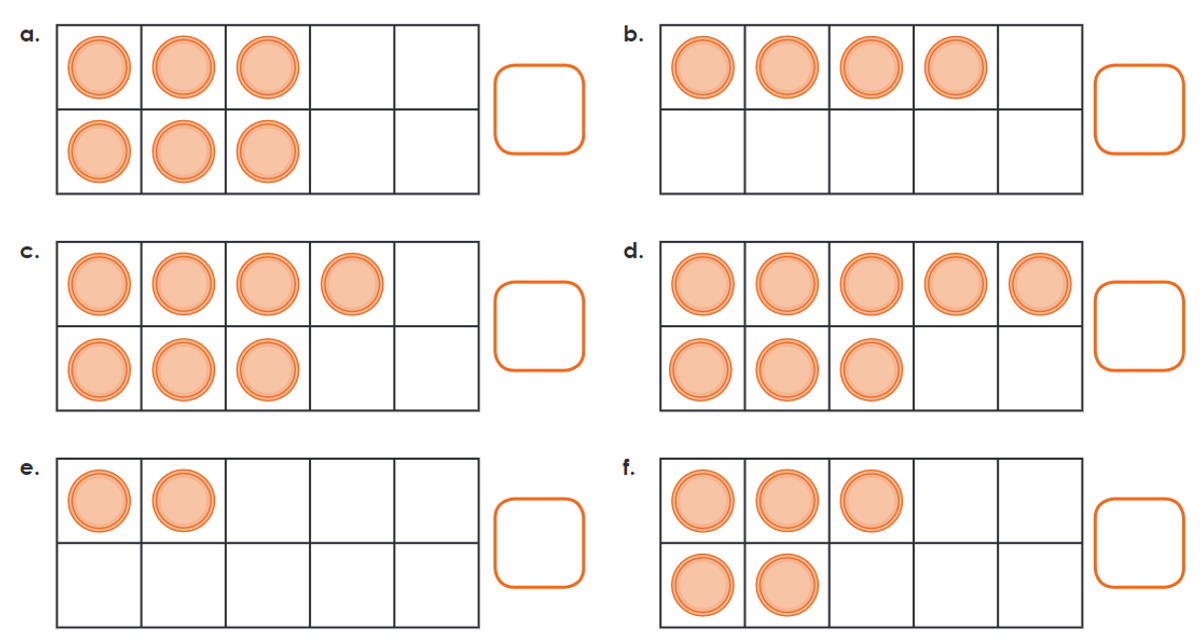

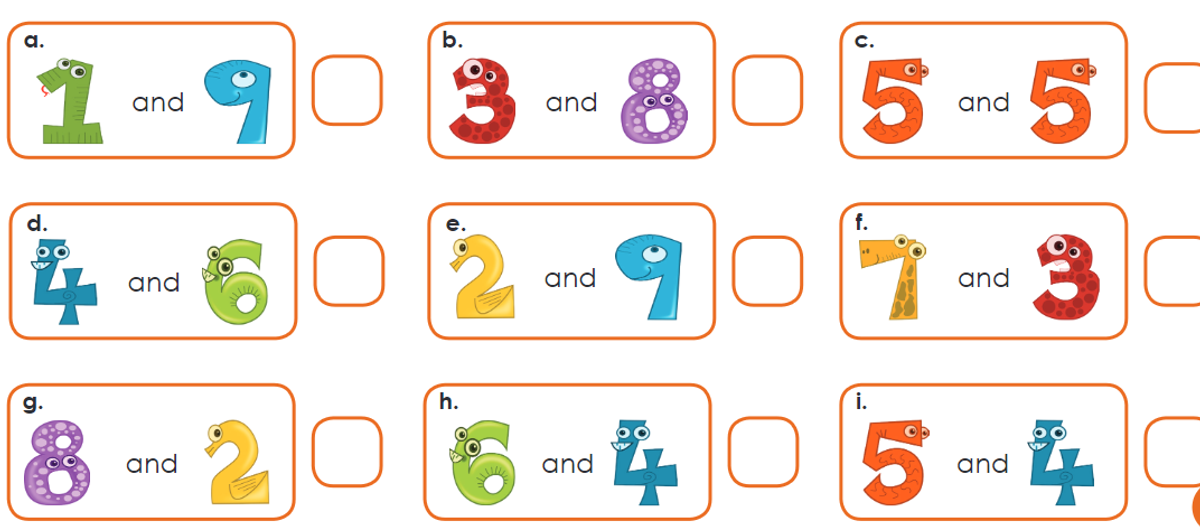

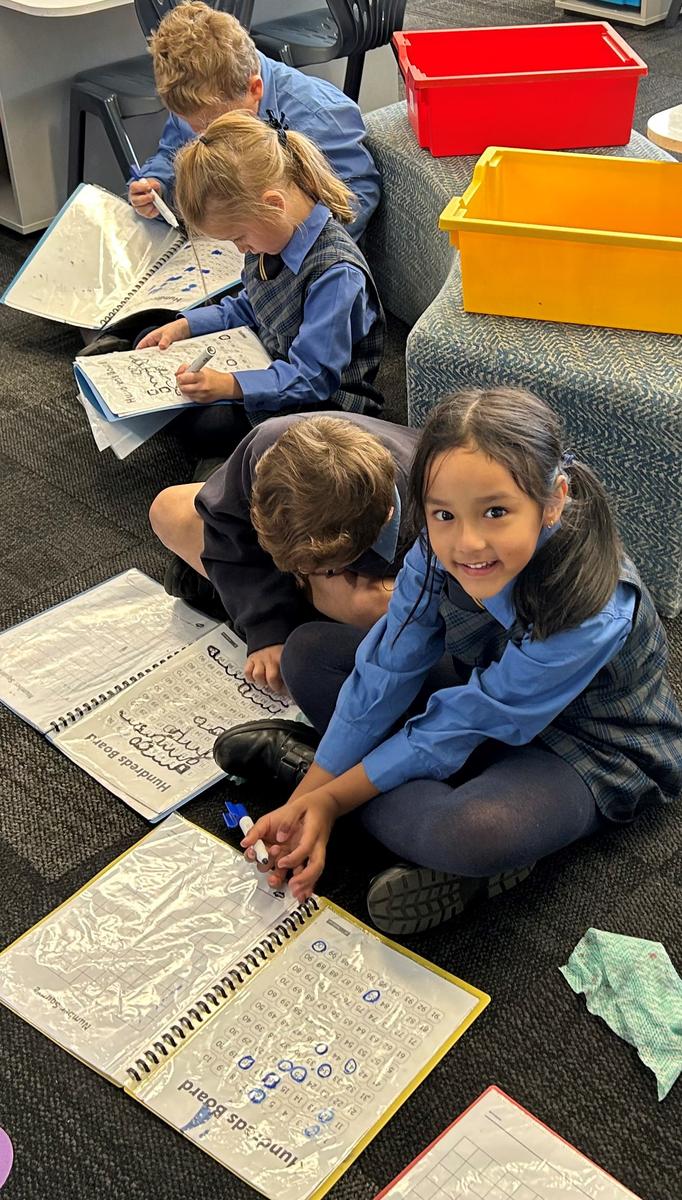

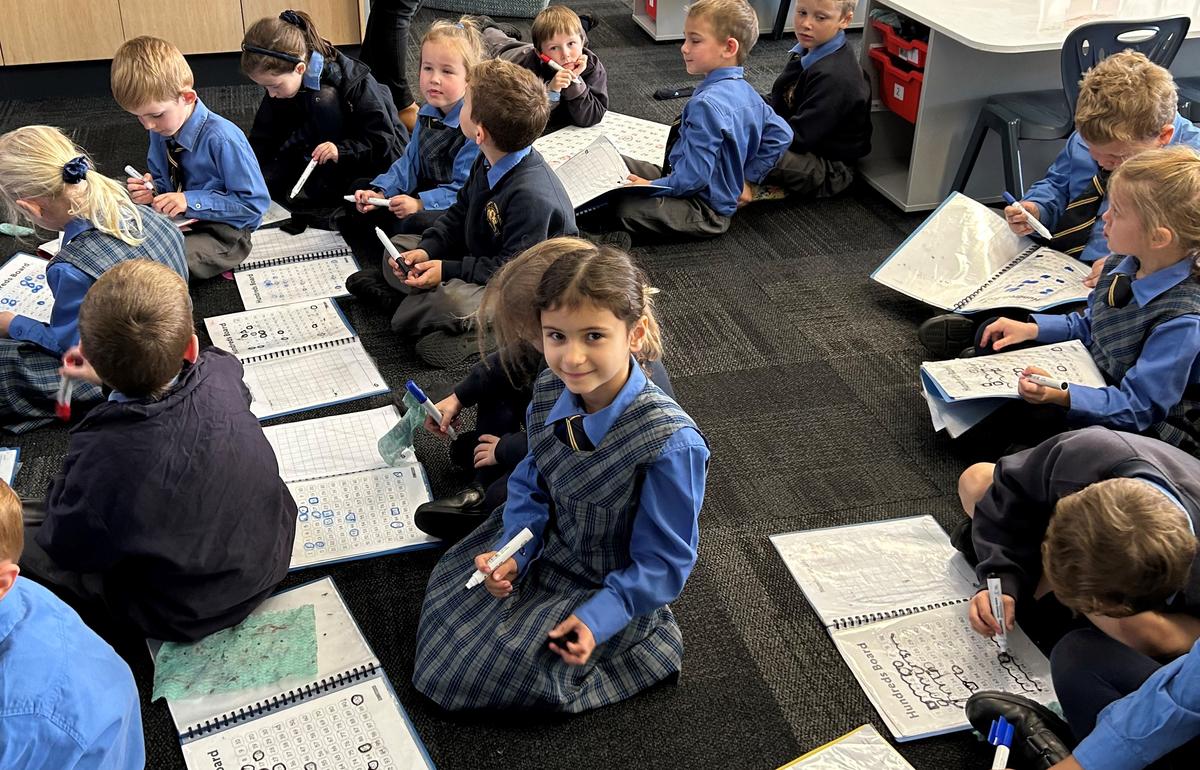

Stage 1 - Subtraction
For many years, the expectation was that students use the formal written algorithm rather than their own mental strategies for addition and subtraction.
Rather than teach rules and procedures, we now need to encourage students to explain their strategies using both concrete materials and diagrams to demonstrate their knowledge of addition and subtraction.
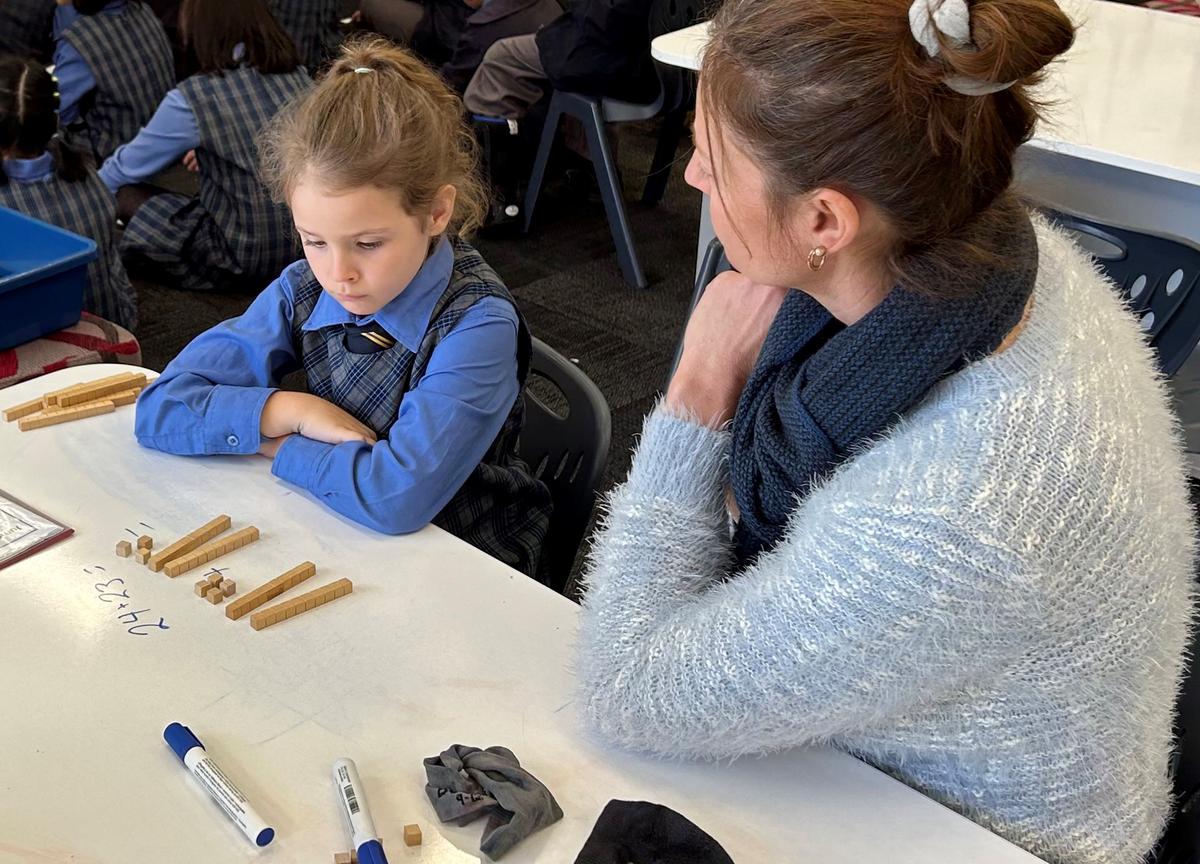

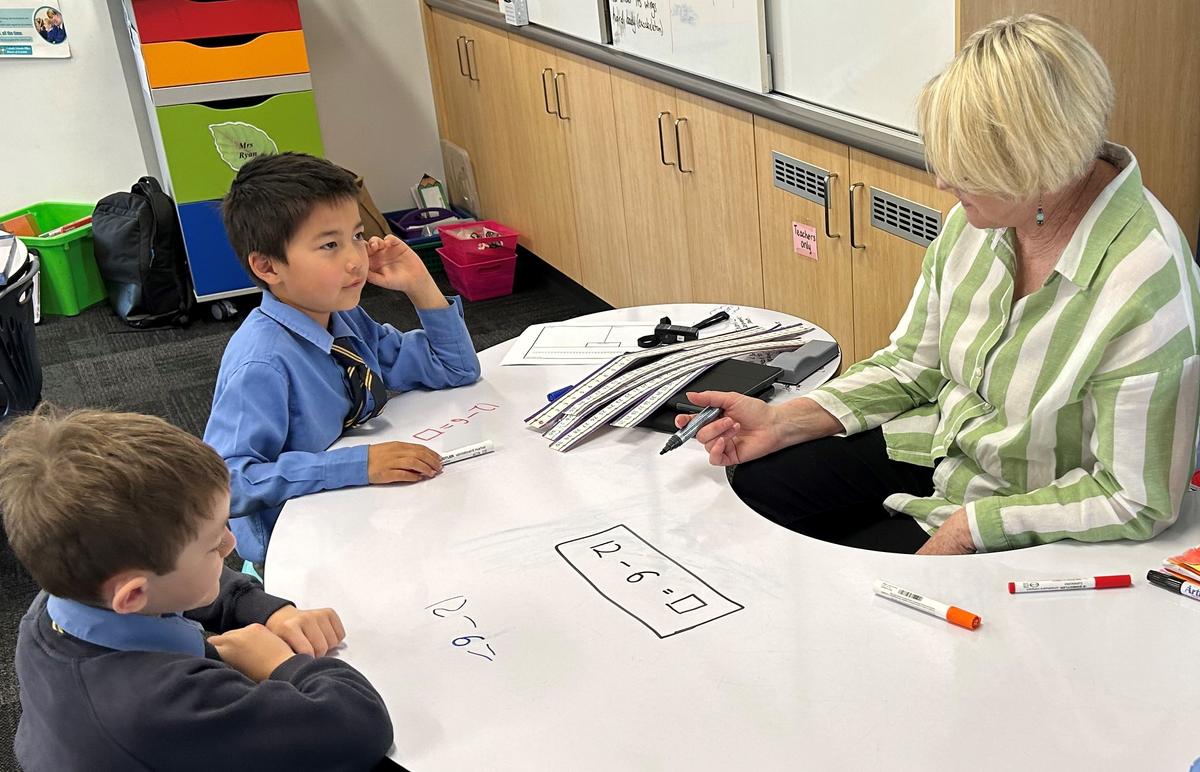

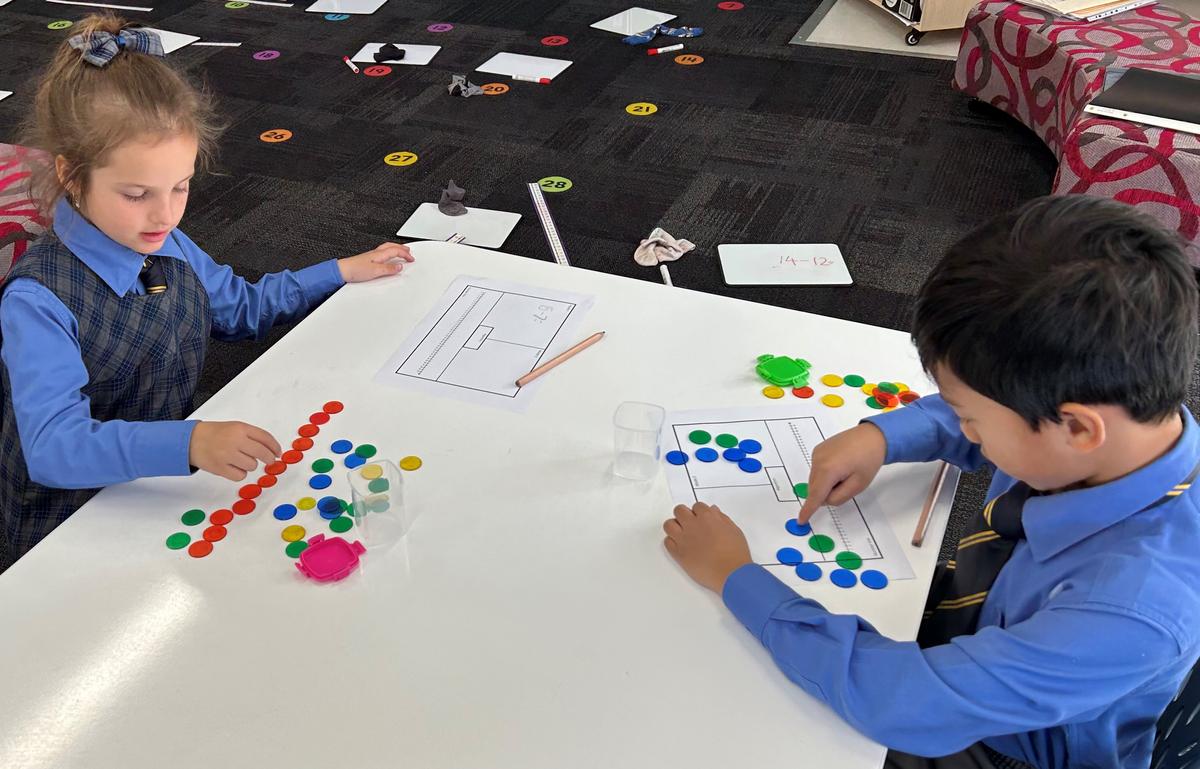

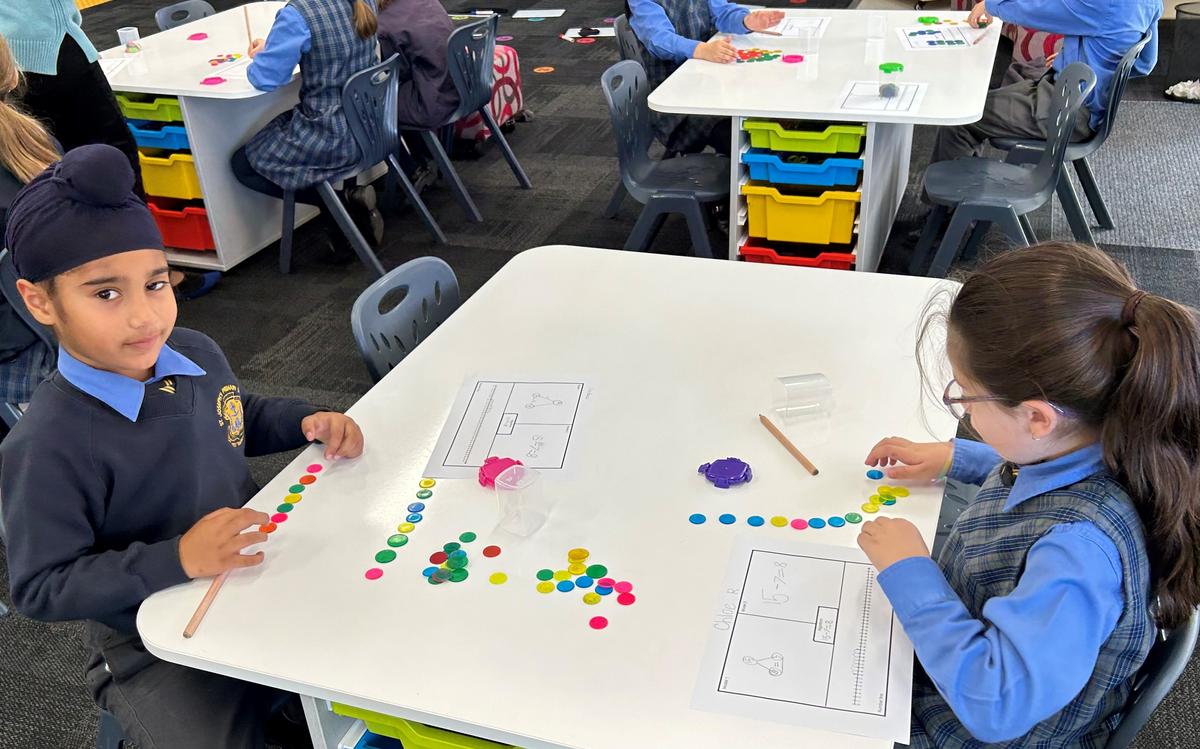

Stage 2 - Multiplication
Times tables are a brilliant brain-training exercise for students. Good times-tables knowledge is vital for quick mental maths calculations and problem solving, e.g. if a child knows that 6 x 3 = 18 they will be able to work out that 6 x 30 = 180 or 60 x 3 = 180 almost instantly.
Problems to solve:
In a classroom, there are 5 tables that seat 5 people each. What is the total number of students who can be seated in the classroom.
I have to attach legs to 30 stools. Each stool has three legs. How many legs will I attach?
Present your answers to Miss Sampson for a prize. (First three only!)
Stage 3 - Length
Our Stage 3 students will discuss and use appropriate units and devices to measure length and calculate perimeters.
Problem of the week:
There were three pieces of cut ribbon.
The first measured 15 mm, the second measured 8.5 cm and the third measured 1.5 m.
What is the total length of the three pieces of ribbon in metres?
Present your answers to Mr Paterson for a prize. (First three only!)
Have a great week of learning and fun!
Maree Holland & Greg O'Toole